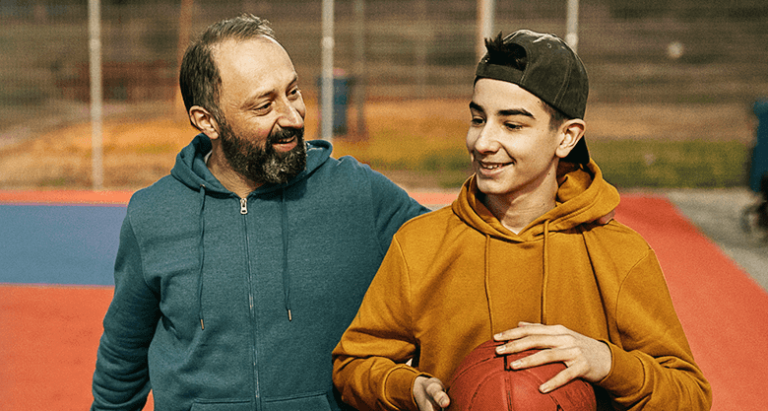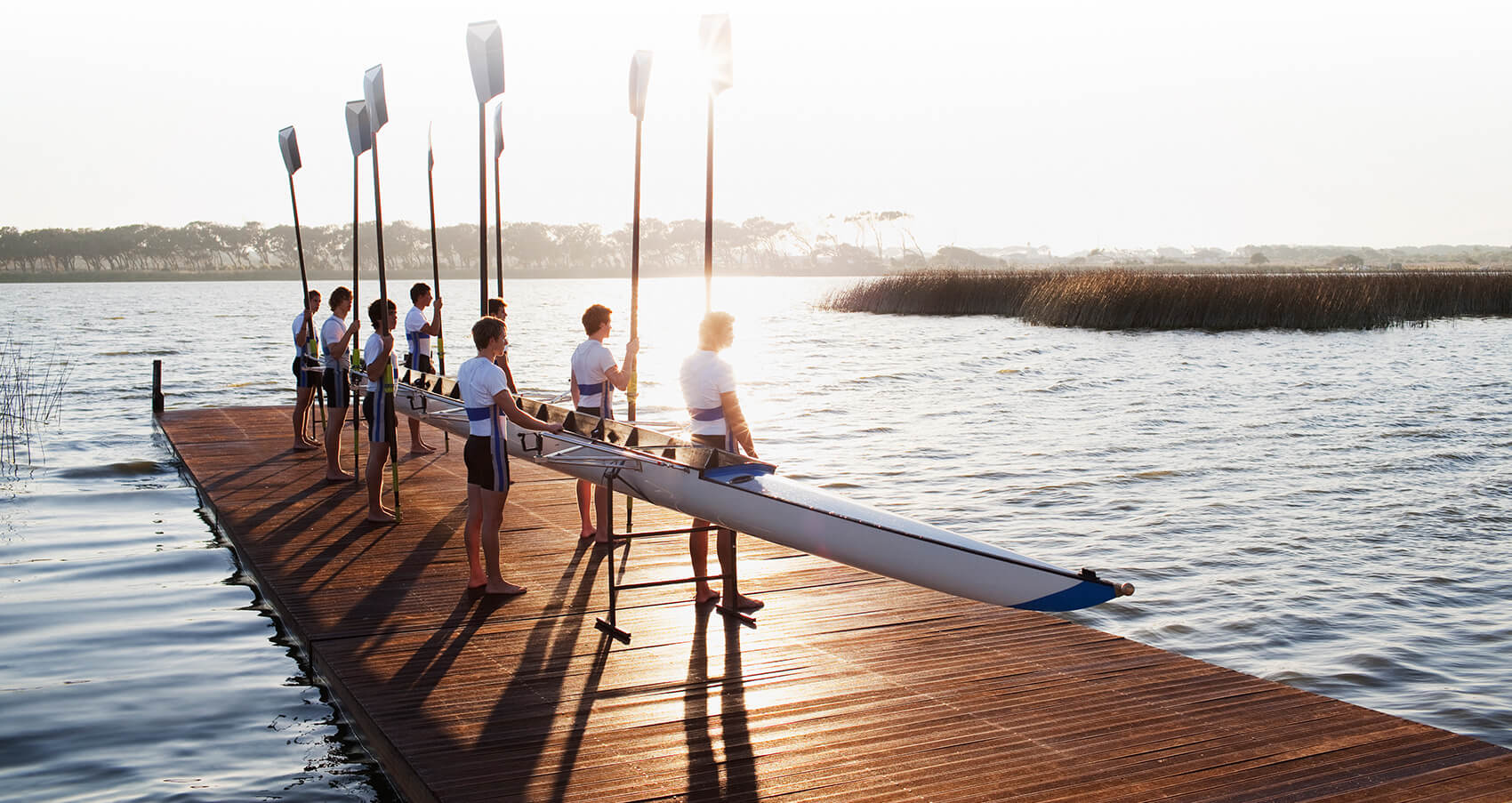How it Works
For
Parents

As a parent, you know how important it is for young athletes to feel safe in all sport activity. The Minor Athlete Abuse Prevention Policies (MAAPP) aim to reduce common abuse and misconduct risks by limiting contact between adults and minors and keeping sport organizations accountable for enforcing these limits.
Who does the MAAPP apply to?
Adult Participants in the U.S. Olympic and Paralympic Movement with regular contact with or authority over Minor Athletes. Check with a director or liaison at your child’s sport organization to learn if the MAAPP is required (outside the Movement, it is recommended but not required) in your child’s sport.
When does the MAAPP apply?
When there is “in-program contact,” meaning these three conditions exist: An Adult Participant, a Minor Athlete, and contact or activity related to sport participation.
What Parents Should Know
Though the MAAPP is required of certain adults in the U.S. Olympic and Paralympic Movement, it is recommended—but not required—in organizations unaffiliated with the Movement.
Exceptions exist. Learn more here and see page 16.
1
One-on-one interactions between Adult Participants and Minor Athletes must be observable and interruptible.
2
Your consent is required for your child’s participation in individual training sessions, athletic training, meetings with health professionals, transportation, and lodging. The organization that oversees your child’s participation must provide you with consent forms.
3
You must be allowed to watch your child’s individual training sessions.
4
A second Adult Participant must be in the room during all massages, rubdowns, and other athletic training modalities—for which your child must be fully or partially clothed, with private body parts covered.
5
Your child must have access to a semi-private or private changing area, and locker rooms and changing areas must be monitored.
6
Adult Participants must never shower with your child, unless they are close-in-age peer athletes or it is a pre-/post-activity rinse where everyone is wearing swimwear. You can request that your child not change or shower with close-in-age adult peer athletes.
7
You, another adult family member, or another Adult Participant must be included on all electronic communications (including texts, emails, and social media).
8
One-on-one interaction policies apply during organization-sponsored transportation and lodging.

Get Trained
We offer free live virtual MAAPP trainings tailored for parents, as well as more than a dozen abuse prevention courses at safesporttrained.org.
